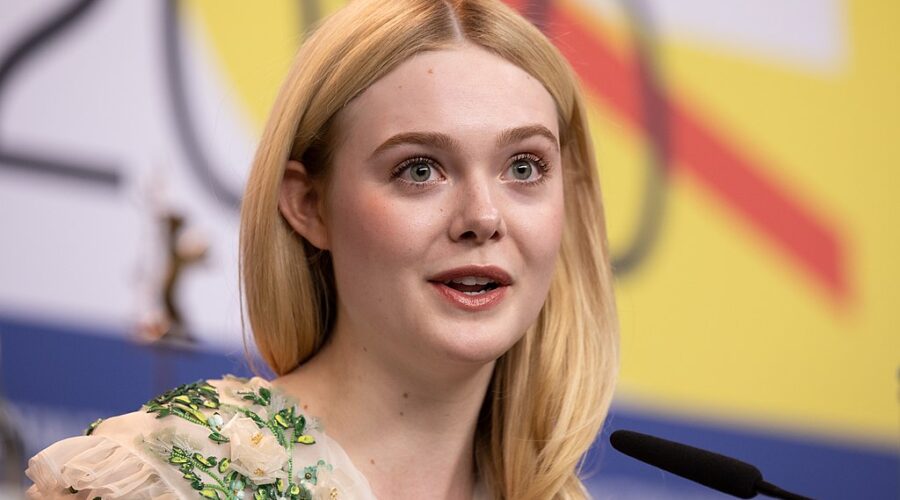In a recent interview on the Happy Sad Confused podcast, actress Elle Fanning admitted that she was rejected for a franchise role because her social media wasn’t big enough—and the audience was shocked.
The 25-year-old actress has been working in the industry since she was a baby, but that hasn’t made the road easy for her; she has had to work through her transition into more adult roles. With her comments on Josh Horowitz’s podcast, she further proved that getting a role isn’t just about talent.
Fanning now has 6.4 million on Instagram and is currently working on the comedy series The Great, where she plays one of the best roles of her career. Over time, the Maleficent actress has learned how to establish herself in the industry and even has nominations for major awards such as the Golden Globe, however, she was once rejected for a role because of her social media, not her audition.
“I did try out for… I’m not going to say what it was, but I didn’t get a part once for something big because— it might not have just been this reason, but this was the feedback that I heard — was because I didn’t have enough Instagram followers at the time,” Fanning said.
“I firmly don’t believe in not getting a part [for that]. It was for a bigger thing, a franchise thing.”
Although in the past, she auditioned for at least one major franchise, she currently says she doesn’t feel the pressure to be part of any of the big franchises at a large studio such as Star Wars or Marvel.
However, she knows that such roles can help the careers of many actors — although there are no guarantees.
Speculation about the role
People on the internet are speculating, some say it was for Dune and others argue she was up against Sophie Turner for the role of Jean Grey, since Turner talked about getting that role because of her social networks — a thing she said she hated, but was part of today’s movie industry.

In a subsequent interview, Fanning clarified that it was not about the role of Princess Irulan in Dune, which was played by Florence Pugh. She didn’t even get a chance to audition due to scheduling conflicts.
“I wasn’t up for it at all, because of The Great,” she said. “It feels better because there was no rejection, which… that’s, like, nice. But it was a scheduling thing… But hey, I might not have gotten it.”
Turner, who got the role, has admitted in the past how the film industry works in the age of social media: “A lot of what I have achieved is about timing and luck, but it is also, and I hate to say it, about a big social-media following,” she said in an interview.
“I auditioned for a project and it was between me and another girl who is a far better actress than I am, far better, but I had the followers, so I got the job,” Turner said. “It’s not right, but it is part of the movie industry now.”
What do people say?
Questions on social networks began immediately. People made comments such as: if two actresses are talented, the one with more followers will get the role because of production/marketing purposes; the number of followers does not guarantee the success of a movie; is this reflected in other types of jobs?
The film industry is not alone in having this focus. Some users commented that their potential employers asked about their social networks in a job interview. And while it may be understandable for marketing and promotional purposes if the job requires it, some users suggested that it places people who are not deeply involved in social networks or want to keep a limit on their private life at a disadvantage.
Not a recent phenomenon
Taylor Swift wrote an article in 2014 for the Wall Street Journal about the future of music, in which she said: “A friend of mine, who is an actress, told me that when the casting for her recent movie came down to two actresses, the casting director chose the actress with more Twitter followers. I see this becoming a trend in the music industry.”
According to a survey by The Manifest, 99% of companies conduct online background checks, 90% look at potential employees’ social networks, 80% say a personal website is important for evaluating candidates and 79% of employers have rejected candidates because of social media.
Although many of the companies check candidates’ professional and personal profiles for hate speech, drug use, confidential content from former employers or poor grammar, the number of followers is also apparently a growing trend in recruiting.
Images: Harald Krichel and Gage Skidmore

